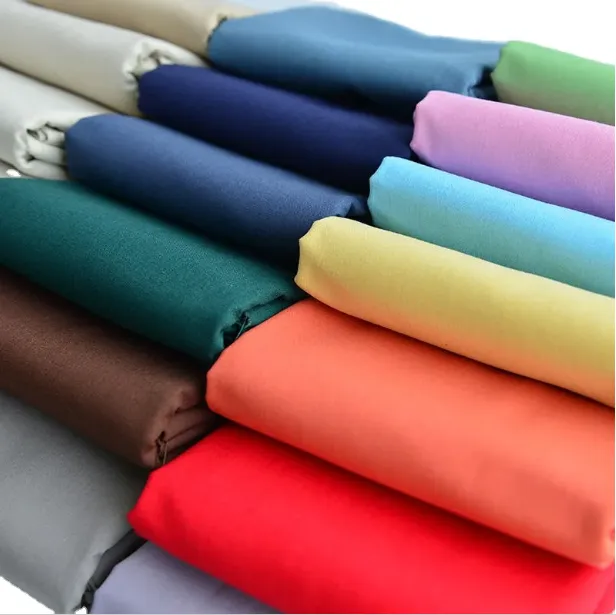
- Afrikaans
- Albanian
- Amharic
- Arabic
- Armenian
- Azerbaijani
- Basque
- Belarusian
- Bengali
- Bosnian
- Bulgarian
- Catalan
- Cebuano
- Corsican
- Croatian
- Czech
- Danish
- Dutch
- English
- Esperanto
- Estonian
- Finnish
- French
- Frisian
- Galician
- Georgian
- German
- Greek
- Gujarati
- haitian_creole
- hausa
- hawaiian
- Hebrew
- Hindi
- Miao
- Hungarian
- Icelandic
- igbo
- Indonesian
- irish
- Italian
- Japanese
- Javanese
- Kannada
- kazakh
- Khmer
- Rwandese
- Korean
- Kurdish
- Kyrgyz
- Lao
- Latin
- Latvian
- Lithuanian
- Luxembourgish
- Macedonian
- Malgashi
- Malay
- Malayalam
- Maltese
- Maori
- Marathi
- Mongolian
- Myanmar
- Nepali
- Norwegian
- Norwegian
- Occitan
- Pashto
- Persian
- Polish
- Portuguese
- Punjabi
- Romanian
- Russian
- Samoan
- scottish-gaelic
- Serbian
- Sesotho
- Shona
- Sindhi
- Sinhala
- Slovak
- Slovenian
- Somali
- Spanish
- Sundanese
- Swahili
- Swedish
- Tagalog
- Tajik
- Tamil
- Tatar
- Telugu
- Thai
- Turkish
- Turkmen
- Ukrainian
- Urdu
- Uighur
- Uzbek
- Vietnamese
- Welsh
- Bantu
- Yiddish
- Yoruba
- Zulu
феб . 16, 2025 03:52
Back to list
recycled polyester fabric
Recycled polyester fabric represents a significant advancement in the textile industry, particularly as environmental concerns continue to shape consumer preferences and CSR practices. This innovative fabric is derived from post-consumer PET bottles and other polyester waste, effectively reducing the carbon footprint associated with traditional polyester production. Given its importance in sustainability, detailing the benefits and characteristics of recycled polyester fabric offers a comprehensive insight into why it is becoming a staple in the modern textile market.
The technical production of recycled polyester fabric not only supports ecological balance but also upholds stringent quality standards. Recycling facilities adhering to the Global Recycle Standard (GRS) ensure that the final product maintains optimum performance metrics. This certification guarantees that the recycled polyester fabric is verified and traceable throughout the entire supply chain, thereby fostering trust between manufacturers and consumers by validating ecological claims. From a market perspective, the adoption of recycled polyester fabric taps into the expanding eco-fashion industry, an arena projected to grow exponentially in the coming years. As contemporary consumers shift towards sustainable lifestyle choices, including eco-friendly textiles, brands that invest in recycled materials are positioned to capture a larger market share. Not only does this resonate well with the increasing demand for transparency and ethical manufacturing, but it also reinforces brand authority by aligning business practices with modern-day environmental ethics. Furthermore, embracing recycled polyester fabric can significantly enhance brand image and customer loyalty. In a recent survey, over 62 percent of consumers indicated a preference for brands committed to reducing environmental impact. By investing in recycled polyester, companies not only fulfill corporate social responsibilities but also gain a competitive edge by staying ahead of regulatory changes that favor sustainability. In conclusion, recycled polyester fabric exemplifies the convergence of environmental responsibility and industrial innovation. It embodies the future of textiles, combining sustainability with superior functional attributes. Companies that integrate this fabric into their product lines not only contribute to a healthier planet but also reinforce their market position as pioneers in sustainable manufacturing. As awareness and demand for recycled materials continue to rise, recycled polyester stands out as a pivotal element for brands dedicated to embracing the eco-conscious wave in the global textile industry.


The technical production of recycled polyester fabric not only supports ecological balance but also upholds stringent quality standards. Recycling facilities adhering to the Global Recycle Standard (GRS) ensure that the final product maintains optimum performance metrics. This certification guarantees that the recycled polyester fabric is verified and traceable throughout the entire supply chain, thereby fostering trust between manufacturers and consumers by validating ecological claims. From a market perspective, the adoption of recycled polyester fabric taps into the expanding eco-fashion industry, an arena projected to grow exponentially in the coming years. As contemporary consumers shift towards sustainable lifestyle choices, including eco-friendly textiles, brands that invest in recycled materials are positioned to capture a larger market share. Not only does this resonate well with the increasing demand for transparency and ethical manufacturing, but it also reinforces brand authority by aligning business practices with modern-day environmental ethics. Furthermore, embracing recycled polyester fabric can significantly enhance brand image and customer loyalty. In a recent survey, over 62 percent of consumers indicated a preference for brands committed to reducing environmental impact. By investing in recycled polyester, companies not only fulfill corporate social responsibilities but also gain a competitive edge by staying ahead of regulatory changes that favor sustainability. In conclusion, recycled polyester fabric exemplifies the convergence of environmental responsibility and industrial innovation. It embodies the future of textiles, combining sustainability with superior functional attributes. Companies that integrate this fabric into their product lines not only contribute to a healthier planet but also reinforce their market position as pioneers in sustainable manufacturing. As awareness and demand for recycled materials continue to rise, recycled polyester stands out as a pivotal element for brands dedicated to embracing the eco-conscious wave in the global textile industry.
Next:
Latest news
-
The Versatility and Elegance of White Cotton Poplin FabricNewsJun.23,2025
-
The Luxurious Comfort of Carded CottonNewsJun.23,2025
-
Explore the Luxurious Comfort of Cotton Flannel ClothNewsJun.23,2025
-
Discover the Versatility of Cotton Poplin ClothNewsJun.23,2025
-
Bleach Cotton FabricNewsJun.23,2025
-
100 Cotton BlendNewsJun.23,2025
-
Versatile Elegance with Poplin Fabric for SaleNewsMay.15,2025
